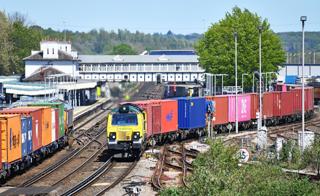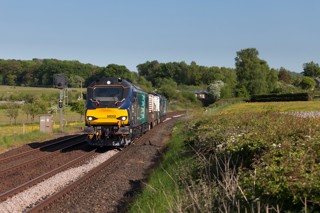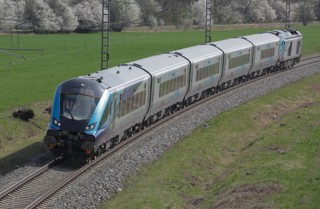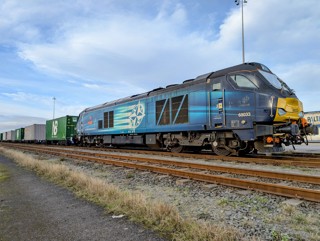Capacity issues caused by post-Brexit border controls and a shortage of border police are forcing Eurostar to leave thousands of seats unsold every day on its high-speed trains from London to Paris, Brussels and Amsterdam.
Despite huge demand from travellers for a fast, affordable alternative to short-haul air travel, Eurostar is only operating at around 70% of its pre-pandemic capacity. Peak period morning trains from London St Pancras International are deliberately being restricted to 550 passengers, leaving 350 unsold seats on a 900-seat capacity e320 train.
On the London-Amsterdam route, one of Europe’s busiest short-haul air corridors, UK border rules mean that only half of the train can be used for passengers to Rotterdam and Amsterdam, with the other half reserved for Lille and Brussels.
The situation is even worse on the Amsterdam-London leg, with capacity for just 250 passengers per train due to the limited size of the security and UK border control facilities at Amsterdam’s Centraal station.
Restricting the availability of seats throughout the day is making Eurostar fares more expensive, and driving more travellers towards other modes of travel at a time when demand for environmentally-friendly rail travel is at an all-time high.
To read full story, RAIL 976.
You can subscribe for print/digital access via www.railmagazine.com/subscribe

















Rail Dude - 30/01/2023 18:35
Weren’t there always border checks i.e. passport control at the Eurostar terminus? What has changed since Brexit?